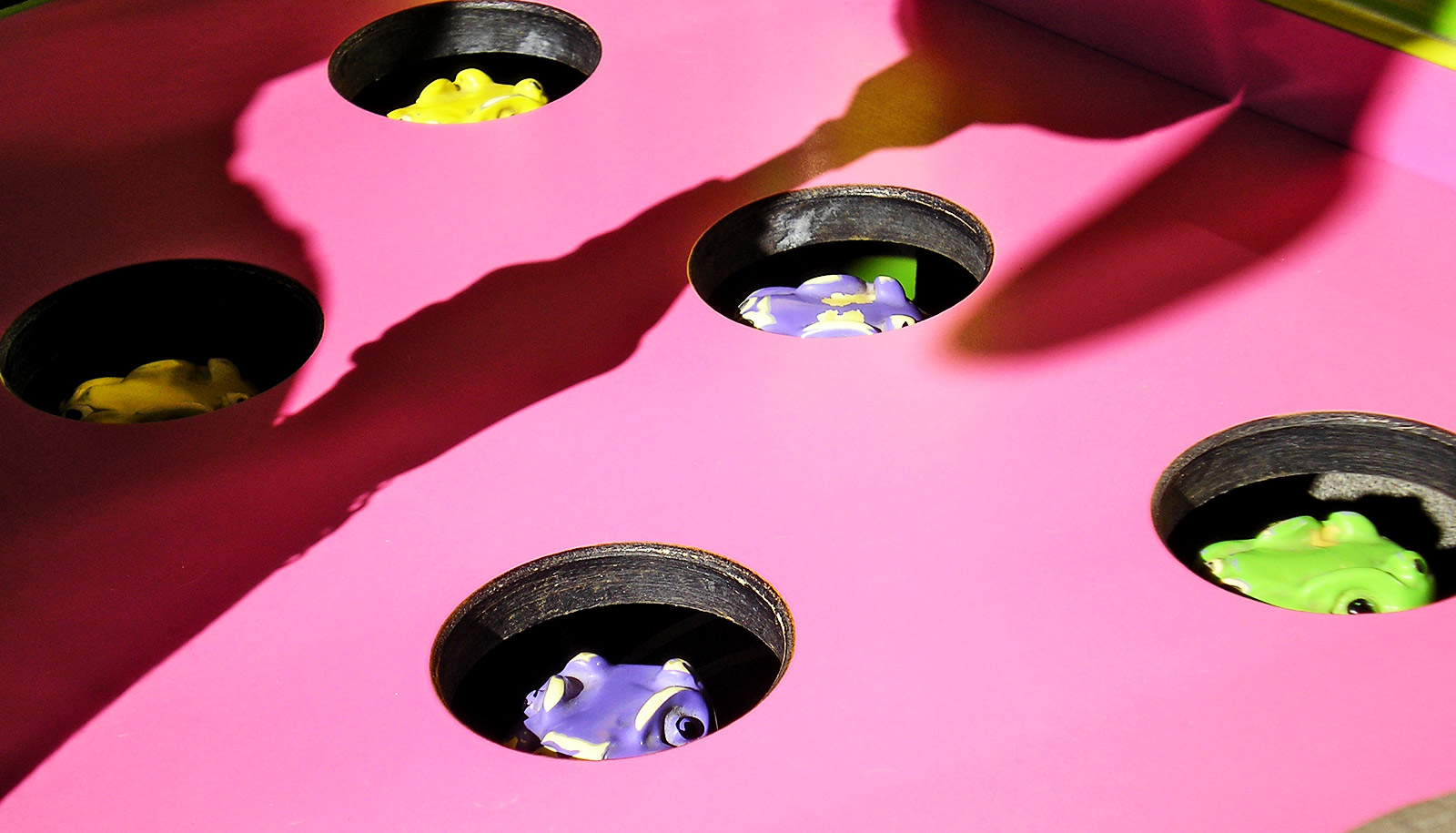People who don’t habitually turn off their automatic sprinklers are wasting water, say researchers.
In Florida, with a population of 22 million, a figure projected to hit 27.8 million by 2050, residents need to conserve the precious resource.
Preserving water boils down to good habits. It can be as simple as whether you intend to save water or not, say researchers, who would like to change the behavior of those who leave their sprinklers on when it’s raining.
“A lot of people do not think about how rain plays into the total amount of water a yard receives,” says Laura Warner, an associate professor of agricultural education and communication at the University of Florida Institute of Food and Agricultural Sciences (UF/IFAS).
“So, if someone wants to apply a half-inch of water to their lawn, they may set their irrigation system to do so regularly, and then if it rains, that is just ‘extra.’ It would be advantageous to shift people’s mindsets, so they consider rain first and irrigation supplemental.”
Warner and John Diaz, associate professor of agricultural education and communication, are coauthors of a new study that examines whether homeowners intend to turn off their irrigation when it rains—the so-called “intenders.”
The researchers conducted an online survey of 331 Florida residents who identified themselves as users of automated sprinkler systems.
They wanted to know whether homeowners intended to turn off their water, based on recent or current rain.
To find their answer, researchers asked questions such as, “How likely are you to use local weather data to turn off your irrigation when recent rainfall is adequate for your yard in the next month?” Respondents could select from “very unlikely” to “very likely” for all three questions.
Researchers labeled respondents with the highest score as “intenders.” In other words, the person plans to turn off the irrigation system when it’s raining. They also intend to turn off their water if it’s rained a lot recently and see no reason to water their lawn.
Warner and Diaz want to change the habits of “non-intenders.”
“Rather than just providing information on how to conserve water or why—which is not terribly effective—we want to connect with people and have them connect with water resources on a deeper psychological level,” Warner says. In other words, homeowners must feel a sense of obligation to conserve water.
To move toward wiser lawn-irrigation habits, UF/IFAS Extension agents, governments, homeowners’ associations, and neighbors can nudge residents to stop or reduce irrigating when it’s raining. One way to do that is by pointing out that other homeowners are turning off their sprinklers, Warner says.
Sometimes, reminders such as signs at the entrance to a subdivision help. They tell residents how much rain fell the week before and ask residents if they need to irrigate, she says.
“Considering irrigation water is potable—meaning it is the same limited source of drinking water we share—the stakes are pretty significant,” she says. “Not to mention the incredible quantity of water that can be saved and the related monetary savings on utility bills.”
The study appears in Urban Water Journal.
Source: University of Florida


